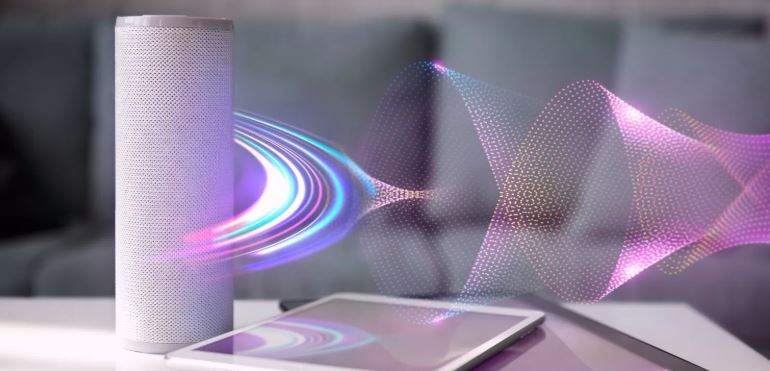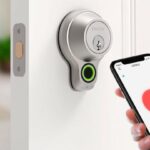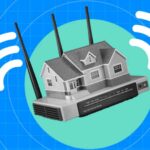Smart speakers like Amazon Echo, Google Nest, and Apple HomePod have become common in many households. They play music, answer questions, control smart devices, and make life more convenient. But one question keeps coming up: are smart speakers listening to my conversations?
The short answer is yes and no. These devices are designed to listen for a “wake word” like “Alexa” or “Hey Google.” Until they hear that word, they’re supposed to ignore everything else. However, the way they handle voice data raises important privacy questions.
How Smart Speakers Work
Smart speakers use built-in microphones that are always on, waiting for the wake word. When the wake word is detected, the device starts recording your voice command and sends it to cloud servers for processing. This is how they understand and respond to requests.
Are They Always Recording?
Manufacturers claim that smart speakers only record after the wake word is detected. Still, false triggers sometimes happen, which means the device may accidentally record snippets of conversations without you realizing it.
What Happens to Your Voice Data
When you speak to a smart speaker, the audio is usually sent to the company’s servers (Amazon, Google, Apple) where it is processed and sometimes stored. The data may be used to:
-
Improve speech recognition accuracy
-
Provide personalized responses
-
Train AI models for better performance
In the past, reports revealed that some companies even had human reviewers listening to anonymized snippets to improve the technology.
Privacy Concerns with Smart Speakers
The idea that your conversations could be recorded—even accidentally—makes many people uneasy. Potential risks include:
-
Accidental recording of private or sensitive conversations
-
Data being stored longer than expected
-
Hackers exploiting vulnerabilities if your device or Wi-Fi is not secure
-
Companies using voice data for targeted advertising or analytics
How to Protect Your Privacy with Smart Speakers
-
Review Voice History
Use the companion app (Alexa app, Google Home app, Apple Home app) to review and delete voice recordings regularly. -
Mute the Microphone
All major smart speakers include a physical microphone mute button. Use it whenever you don’t need voice control. -
Adjust Privacy Settings
In the app, disable options like “use recordings to improve services” or “allow human review” if you’re uncomfortable with them. -
Limit Placement
Don’t place smart speakers in areas where you discuss sensitive information, like bedrooms or home offices. -
Secure Your Wi-Fi
A strong, encrypted Wi-Fi connection (WPA3 or WPA2) reduces the risk of hackers gaining access to your devices.
Benefits vs. Risks
Despite privacy concerns, smart speakers can be very useful. They save time, integrate with other smart devices, and even improve accessibility for people with disabilities. The key is understanding the trade-off between convenience and privacy.
Conclusion
Smart speakers are not designed to eavesdrop continuously, but they are always “listening” for a wake word, which means accidental recordings are possible. Your voice data is often stored and processed, sometimes reviewed by humans, to improve services.
If you’ve been asking yourself are smart speakers listening to my conversations, the reality is that while they don’t constantly record, they do collect data when activated. By managing privacy settings, muting microphones, and reviewing stored recordings, you can enjoy the benefits of smart speakers without giving up too much privacy.





